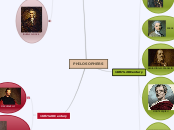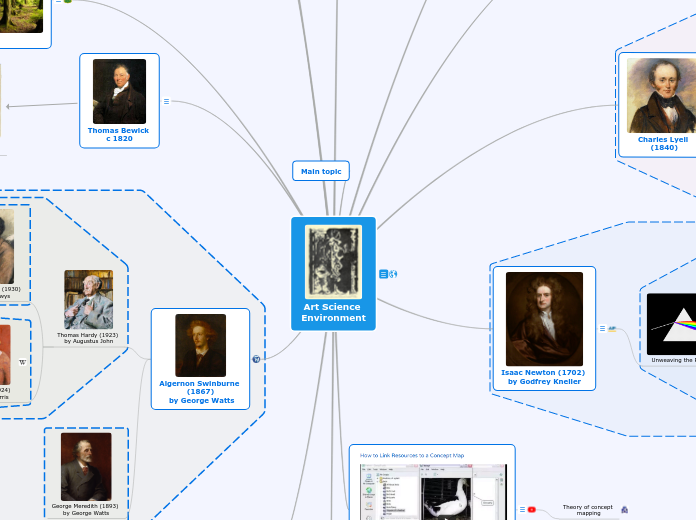PHILOSOPHERS
16th Century
JEAN BODIN
Was a French jurist and political philosopher, member of the Parlement
of Paris and professor of law in Toulouse. He is best known for his theory of sovereignty; he was also an influential writer on demonology.
Subtema
MACHIAVELLI
Was an Italian diplomat, politician, historian, philosopher, humanist, and writer of the Renaissance period.
He has often been called the father of modern political science.
For many years he was a senior official in the Florentine Republic, with responsibilities in diplomatic and military affairs.
17th Century
JOHN LOCKE
Was an English philosopher and physician, widely regarded as one of the most influential of Enlightenment thinkers and commonly known as the "Father of Liberalism.
Considered one of the first of the British empiricists, following the tradition of Sir Francis Bacon, he is equally important to social contract
theory. His work greatly affected the development of epistemology and political philosophy. His writings influenced Voltaire and Jean Jacques Rousseau, many Scottish Enlightenment thinkers, as well as the American revolutionaries. His contributions to classical republicanism and liberal theory are reflected in the United States Declaration of Independence.
TOMAS HOBBES
Was an English philosopher who is considered one of the founders of modern political philosophy. Hobbes is best known for his 1651 book Leviathan, which established the social contract theory that has served as the foundation for most later. Western political philosophy.
In addition to political philosophy, Hobbes also contributed to adiverse array of other fields, including history, jurisprudence, geometry, the physicsof gases, theology, ethics, and general philosophy.
HUGO GROTIUS
Grotius laid the foundations for international law based on natural law
A teenage intellectual prodigy, he was imprisoned for his involvement in the intra-Calvinist disputes of the Dutch Republic, but escaped hidden in a chest of books. He wrote most of his major works in exile in France
18th Century
THOMAS PAIN
was an English-born American political activist, philosopher, political theorist and revolutionary. One of the Founding Fathers of the United States, he authored the two most influential pamphlets at the start of the American Revolution and inspired the rebels in 1776 to declare independence from Britain
MONTESQUIEU
Was a French judge, man of letters, and political philosopher.
He is famous for his articulation of the theory of separation of powers, which is implemented in many constitutions throughout the world. He is also known for doing more than any other author to secure the place of the word "despotism" in the political lexicon.
BENJAMIN FRANKLIN
Was an American polymath and one of the Founding Fathers of the United States. Franklin was a leading author, printer, political theorist, politician, freemason, postmaster, scientist, inventor, humorist, civic activist, statesman, and diplomat. As a scientist, he was a major figure in the American Enlightenment and the history of physics for his discoveries and theories regarding electricity.
ROSSEAU
Was a Genevan philosopher, writer, and composer of the 18th century, mainly active in France. His political philosophy influenced the Enlightenment across Europe, as well as aspects of the French Revolution and the overall development of modern political and educational thought.
KANT
Was a German philosopher who is a central figure in modern philosophy.
Kant argued that the human mind creates the structure of human experience, that reason is the source of morality, that aesthetics arises from a faculty of disinterested judgment, that spaceand time are forms of human sensibility, and that the world as it is "in-itself" is independent of humanity's concepts of it.









